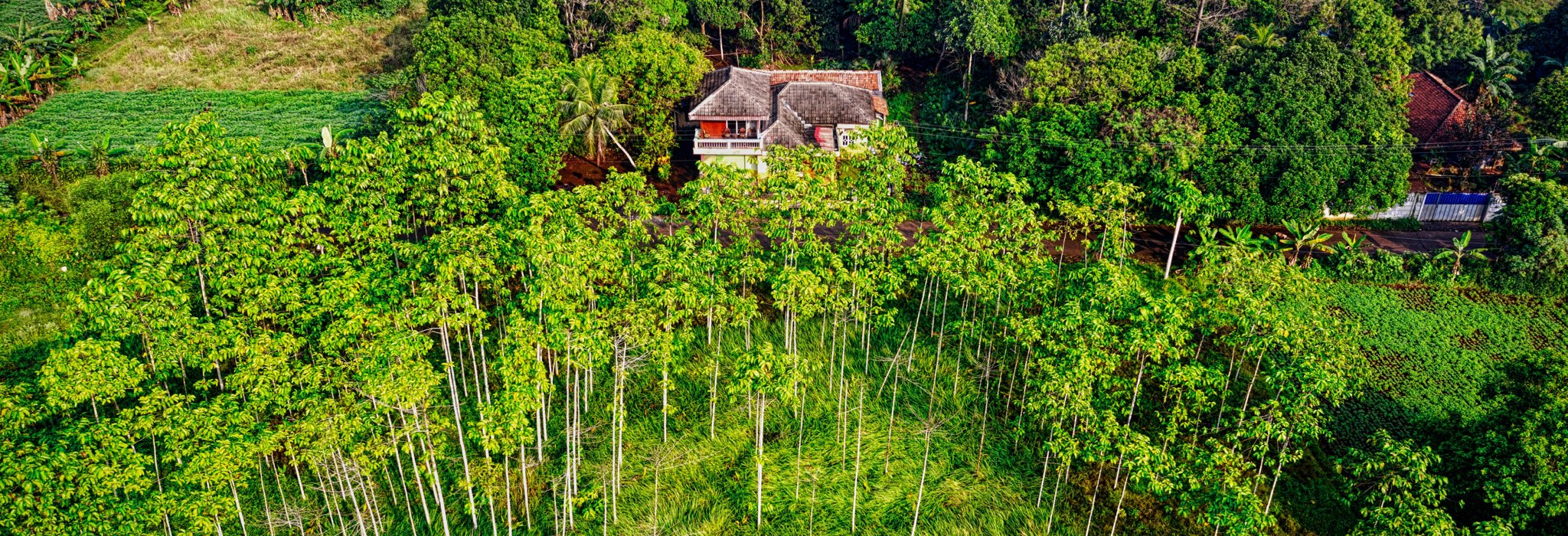Currently, there are two most commonly used options for owning land in Thailand:
Long-Term Land Lease for 30 Years
This option allows foreigners to utilize the land on which their dream property is located. To ensure the lease agreement is valid, any lease longer than three years must be registered at the relevant Land Department.
The lease details are recorded on the land ownership document—Chanote or Nor Sor Sam Kor, and the appropriate administrative fees are paid.
Lease agreements typically grant foreigners the right of first refusal in case of future ownership changes of the land.
Other contract terms often include options for subleasing, selling, or transferring the lease. Most buyers plan to enjoy the property for approximately 20–30 years, then sell or transfer it at a higher value. The maximum duration of a registered lease under Thai law is typically 30 years.
Setting Up a Limited Company
This is a popular form of ownership for foreign investors. Under Thai law, at least 51% of the shares in such a company must be held by a Thai legal entity.
However, with suitable amendments to the company's articles of association and by using two types of shares—founders' and preference shares with different voting rights—and provided the foreigner is the sole director authorized to represent and sign on behalf of the company, the minority shareholder can effectively gain control of the company.
This option enables the investor to have full control over investments, sales, purchases, and all company activities.




